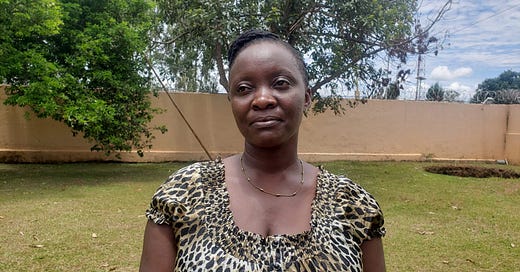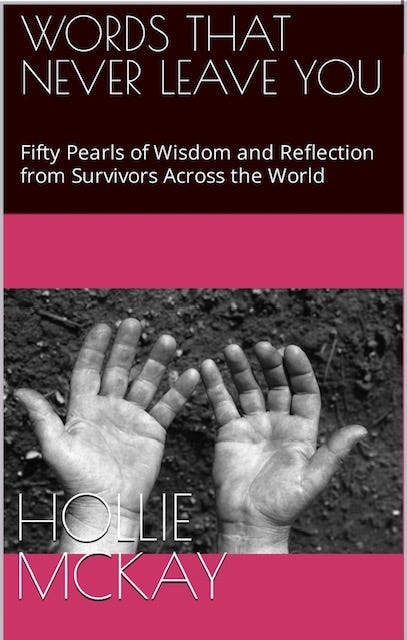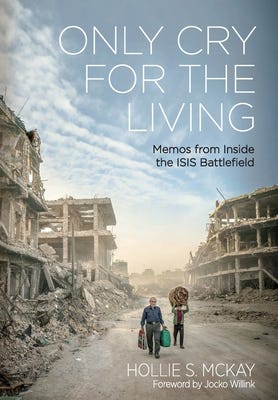The upheaval of one’s life isn’t always at the behest of one’s own government. Sometimes, leadership’s lack of stability and internal corruption lays the groundwork for external influences to swoop in and unleash havoc on an innocent populace.
That’s an eerie narrative that Victoria Nyanjura knows all too well. She was just 14 years old when insurgents, under the canopy of Joseph Kony’s Lord’s Resistance Army (LRA), stole her and some 138 other girls from their Catholic boarding school in the Kole district of northern Uganda. These events unfolded in the dead of the night on October 9, 1996.
There had been rumblings weeks earlier that the rebel outfit might invade, but nothing had come of it. Then, when it happened, it came as a scalding shock — grenades detonated in the dark, wild-eyed fighters rattled the gates until they broke, and then there were the screams. Victoria will never forget the piercing screams as she glanced up into an abnormally bright sky.
“I tried to hide under the bed, but they found me and took me. I didn’t know what was happening,” she observes in a small yet stern voice that signifies her propensity to push through. “I did not know whether they would let me live or die, but that was the start of all my misery.”
Kony’s name and his trail of terror didn’t become apparent to most Americans until 2012, when amateur filmmakers brought the abuses committed by the self-styled militia to light in a viral video focused on recruiting child soldiers. But it was all Victoria lived and breathed for eight years, many moons earlier. Thirty of the 139 girls were handpicked and dragged away to be bush wives to the insurgents. Nyanjura was plucked and tied up with banana leaves so she couldn’t run. She immediately knew with a sinking feeling her life would never be the same.
“Every night, they are having their way with you, and there is nothing you can do. Everything about captivity is about survival. You either survive or perish; there is no in-between,” Victoria says carefully. “Often, you would see someone fall to the ground and think they must be resting, but when you get closer, you realize they are gone.”
Her years of survival were pockmarked by sucking raindrops and dew for water, secretly gathering wild fruits and hoping they would not be poisonous, sitting in the sunshine with a body so bruised and swollen, and sobbing to live. Other times, she was sobbing to die.
Victoria’s “husband” was killed in the fight against Ugandan forces. For years, she held her two small children — a daughter and a son — tight, quietly prayed, and wept for the will to keep forging ahead. The LRA distinguished itself by slicing off victims’ limbs, lips, and noses — a symbol to instill terror in communities and scar survivors for life, forever dependent on others to get by.
“There were times when I begged God to let me die, that things would be better if I were not there,” Victoria remembers. “I begged if I died; I wanted my children to die too. I wanted us all to perish together.”
One day, Victoria snapped. By that point, she was 22 years old, and much of her life existed in captivity, on the tightrope of death and destruction, in the shadow of the grossest miscarriage of justice. She could not take it for one moment longer. With that, Victoria swept up her two children and set off a daring escape that entailed weeks of weaving through an endless maze of jungle and gray sheets of tropical rain, over hills and into valleys of the dead. She prayed that rebel fighters would not open fire on her trembling body or haul her back into captivity. She silently begged not to step on a land mine embedded in the muddy tracks.
Eventually, Victoria reached a displacement camp, where the sudden rush of reality forced her to confront the stigma of surviving sexual violence. She also strove to protect her young children from understanding the origins of their conception. Now 39, Victoria recently completed a master’s degree in global affairs, focusing on international peace studies, at the University of Notre Dame.
Yet last year, she chose to return to Uganda to start explaining to her now-grown children what had happened and to support other women and survivors of traumas with her own non-governmental organization. Victoria admitted she struggles to have any sense of a typical romantic relationship and accepts that the healing process is jagged with steps forward and steps back.
Victoria also accepts that her captor remains the “one who got away.” He remains Africa’s Most Wanted Man, evading authorities, including U.S. Special Forces, since 2005, despite the tens of millions of resources poured into pinpointing the evil warlord.

Nevertheless, Victoria does not dwell on the elusiveness beyond her control. Instead, her voice is resilient, with fierce protectiveness of her children. She will never let happen to them what happened to her.
“In captivity, I called my daughter Hope. There was no other name I could give her because I just had to have hope that God would get us home,” Victoria adds stoically. “For anyone in a tough situation, I would say never give up on life. Never give in, never give up. You have to hope for a better tomorrow.”
PLEASE CONSIDER A PAID SUBSCRIPTION TO THIS SUBSTACK TO HELP KEEP INDEPENDENT, AGENDA-FREE WRITING AND JOURNALISM ALIVE. THANK YOU SO MUCH FOR YOUR SUPPORT.
For speaking queries please contact meta@metaspeakers.org
Follow me on Instagram and Twitter for more updates
HOLLIE’S BOOKS (please leave a review)
** Short read of meaningful lessons gleaned from the ordinary forced to become extraordinary
Order your copy of “Afghanistan: The End of the US Footprint and the Rise of the Taliban Rule” due out this fall.
For those interested in learning more about the aftermath of war, please pick up a copy of my book “Only Cry for the Living: Memos from Inside the ISIS Battlefield.”
If you want to support small businesses:







